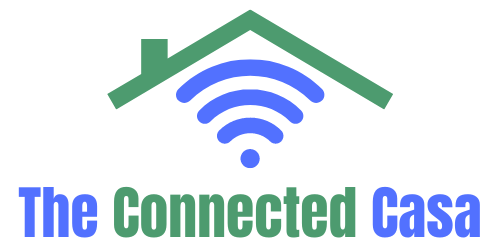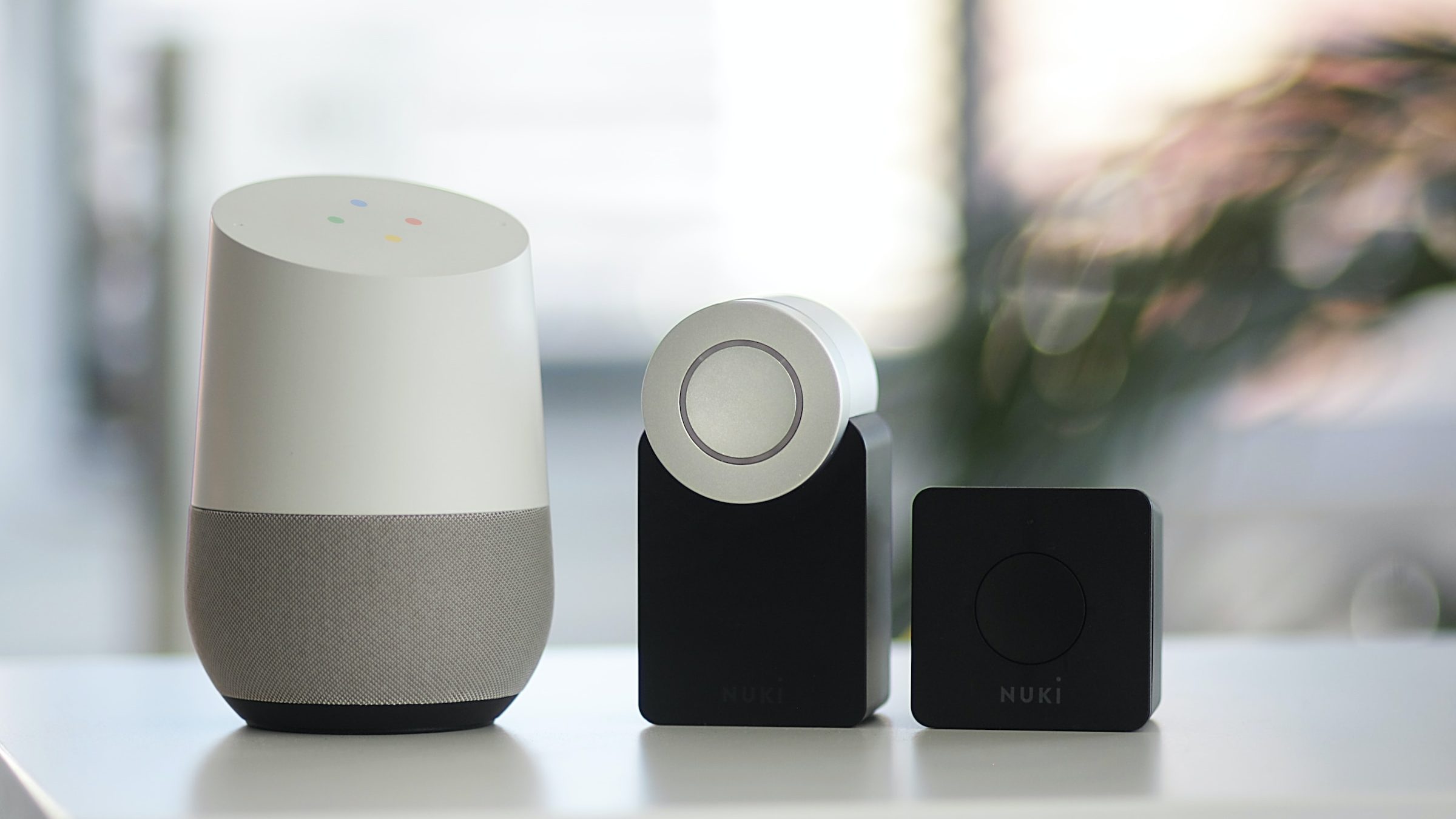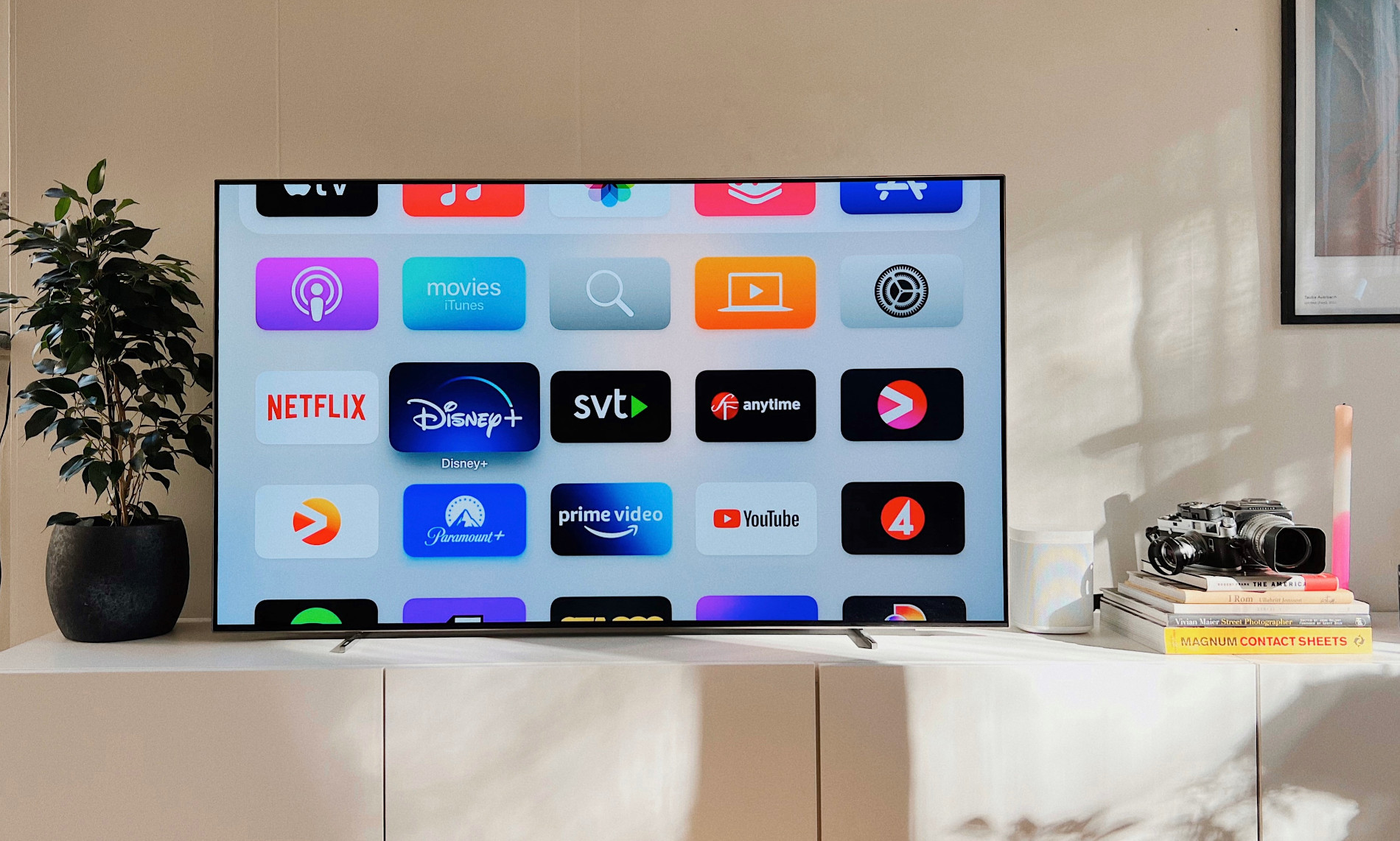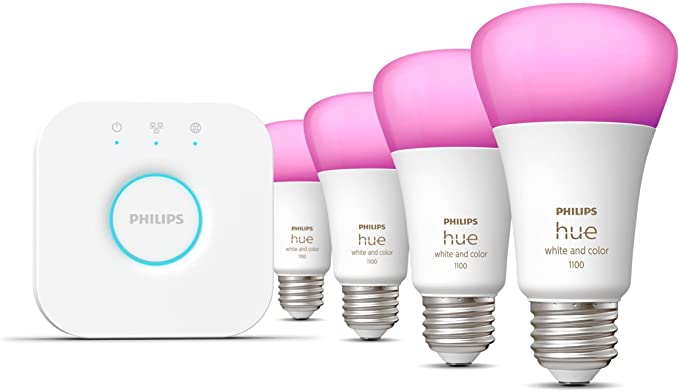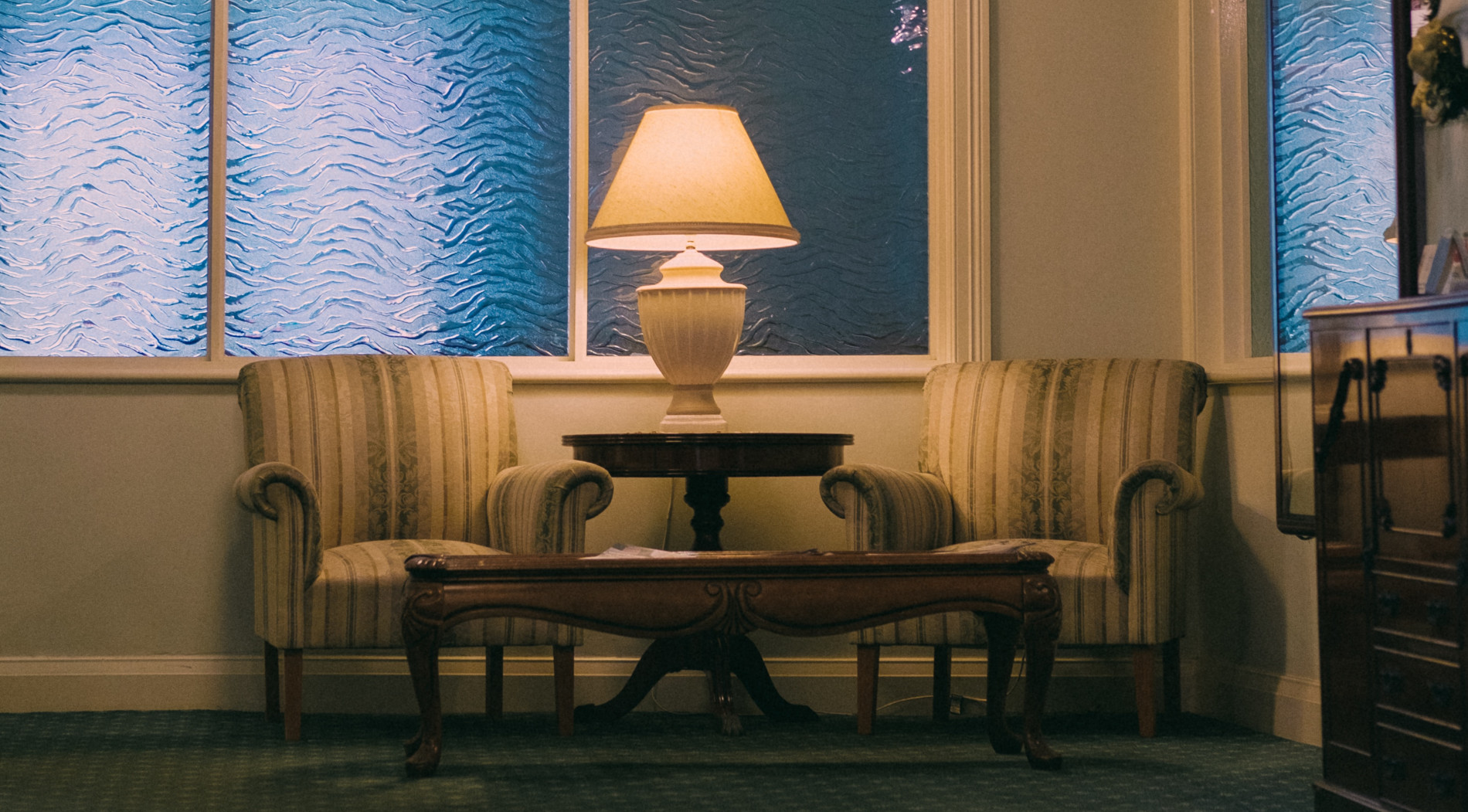
Lighting is an essential aspect of our lives that has a profound impact on our mood and overall well-being. Smart lighting is a modern innovation that can provide various benefits to individuals who wish to enhance their quality of life. In this article, we will explore the advantages of smart lighting and its effects on our mood.
Smart lighting can help individuals create a comfortable and relaxing atmosphere in their homes. The ability to control the intensity and color of the lights can help create a calm and serene ambiance, and the use of warm and soft lighting can create a cozy and inviting atmosphere that can help individuals unwind and rejuvenate after a long day. Smart lighting can also be used to boost productivity and energy levels; bright and cool lights can help individuals stay alert and focused, leading to increased productivity.
Smart lighting can also help to regulate our circadian rhythm, which plays a crucial role in our sleep-wake cycle. The human body is designed to follow a natural rhythm based on the cycles of day and night. Exposure to bright lights during the day and dimmer lights during the night can help our bodies maintain a healthy sleep-wake cycle. Smart lighting can simulate natural light patterns, which can aid in regulating our circadian rhythm, leading to improved sleep quality and overall well-being.
Additionally, smart lighting can enhance the overall aesthetics of our homes. The ability to customize the lighting colors and patterns can help individuals create a unique and personalized ambiance that reflects their personality and style. Smart lighting can also be used to highlight specific features of a room, such as artwork or furniture, which can add to the overall aesthetic appeal.
Finally, smart lighting can be used to improve the safety and security of our homes. The ability to control the lights remotely can create the illusion of occupancy, deterring potential intruders. Smart lighting can also be programmed to turn on automatically when motion is detected, creating a safer environment for individuals.
In conclusion, smart lighting offers various benefits to individuals who wish to enhance their quality of life. From creating a comfortable and relaxing atmosphere to regulating our circadian rhythm, boosting productivity, enhancing aesthetics, and improving safety, smart lighting is a versatile and innovative technology that can positively impact our mood and overall well-being.
